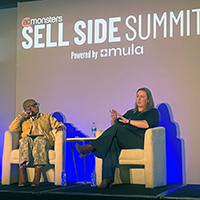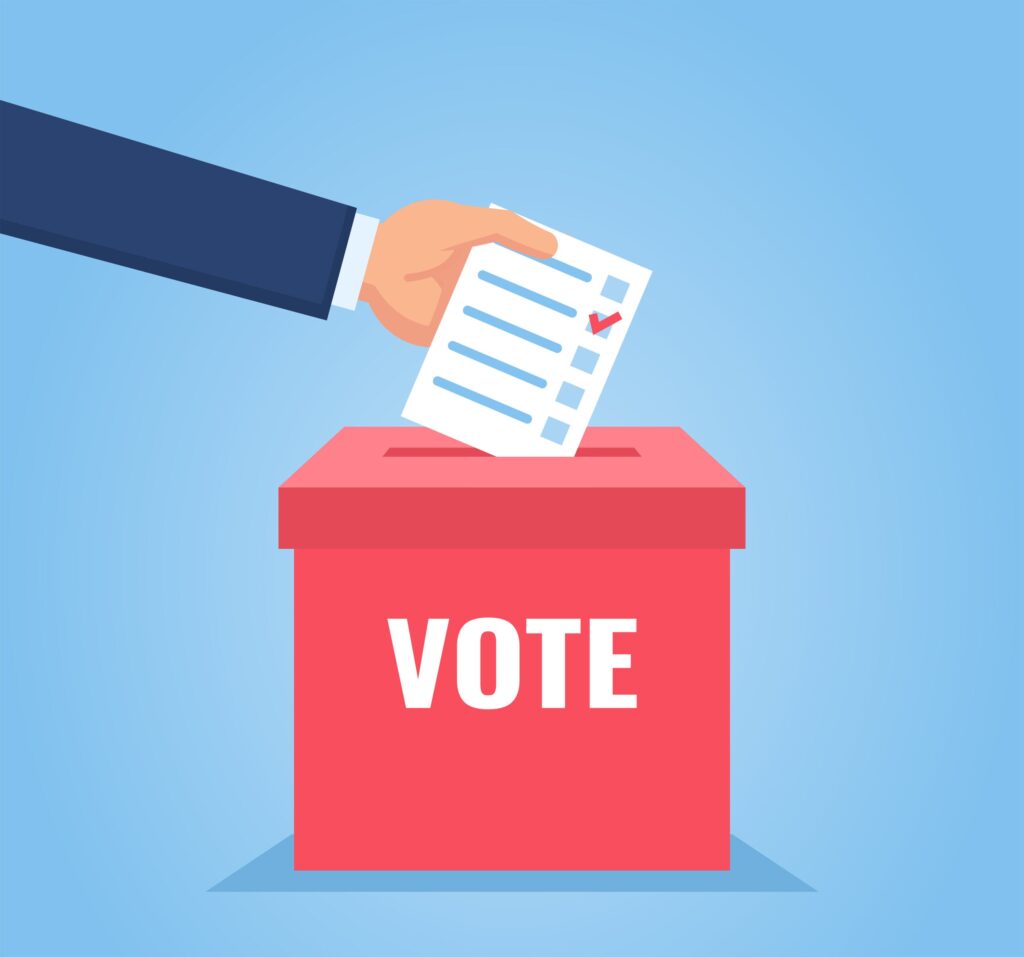Spending on premium incentives dropped 2.4 percent to $26.3 billion in 2001 as the economic downturn curtailed expenditures and reduced the employee ranks of many large corporations, according to PROMO estimates based on industry sources.
After showering employees with gifts and trips to retain their loyalty during the economic boom of the late 1990s (especially in the face of stock-wielding Internet companies), corporations cut spending on business incentives three percent to $21.9 billion. However, motivating sales remained a top priority, as spending on consumer-targeted programs rose one percent to $4.3 billion in the year.
The incentive market has traditionally performed well in down economies because organizations need stimulants to motivate salespeople and consumers. “But this was not a typical down economy,” says Karen Renk, executive director of the Incentive Marketing Association, Naperville, IL.
“There are years in which you cut bait instead of fish,” says Al Goldberg, president of the Express Group, Walled Lake, MI. “2001 was a cut-bait year. The fish weren’t biting.”
However, premiums “were hot in 2001,” says Renk. Marketers appealed to consumer cravings for entertainment by offering premiums ranging from videogames and music CDs to electronic gadgets of all shapes and sizes.
Entertainment tie-ins remained strong as companies sought to align themselves with popular films, videos, TV shows, and musical acts, says Larry Karpen, director of marketing at BMG Special Products, New York City. For the 2001 holiday season, BMG client General Mills gave away CDs containing exclusive compilations of classic holiday songs.
Videogames have become standard premium fare, in part because the software allows partnering brands to place ads, Web-site links, and marketing hooks in the product, says Jill Goldworn, president of Interplay OEM, Irvine, CA. For example, Irvine, CA-based Taco Bell’s recent tie-in with Microsoft Corp.’s Xbox game console included product placement in several game titles.
Companies targeting generations X and Y have been doling out high-tech products such as cell phones, pagers, Palm Pilots, and MP3 players. After their fall launches, Xbox and rival console GameCube (from Nintendo of America) instantly became staples in sweepstakes prize pools.
McDonald’s and Burger King, two of the premium industry’s biggest customers, made some noise by shifting their accounts. Oak Brook, IL-based McDonald’s fired Los Angeles-based Simon Marketing immediately after one of the agency’s employees was arrested in a federal investigation into promotion fraud (October 2001 PROMO). Most of the work was turned over to Australian agency Creata Promotion.
Meanwhile, Miami-based Burger King ended its long-standing relationship with Alcone Marketing Group, Irvine, CA, last fall — thereby making L.A. shop Equity Marketing sole premium supplier.
Morale Boosters
On the business side, employee recognition programs designed for retention and recruitment were on the rise in early 2001, according to Renk. But after the economy went south and the nation was rocked by the Sept. 11 terrorist attacks, the focus of many programs shifted to boosting the morale of downsized work forces.
Industry insiders expect spending on business incentives to climb again in 2002 as downsized companies continue their efforts to motivate remaining employees. Spending on consumer premiums is also expected to grow.
SNAPSHOT
- Overall spending dropped 2.4 percent, although allocations for consumer programs rose 1.0 percent.
- Entertainment products and electronic devices were most popular.
- Corporate downsizing shifted the focus of business incentives from retention and recruitment to raising morale.



